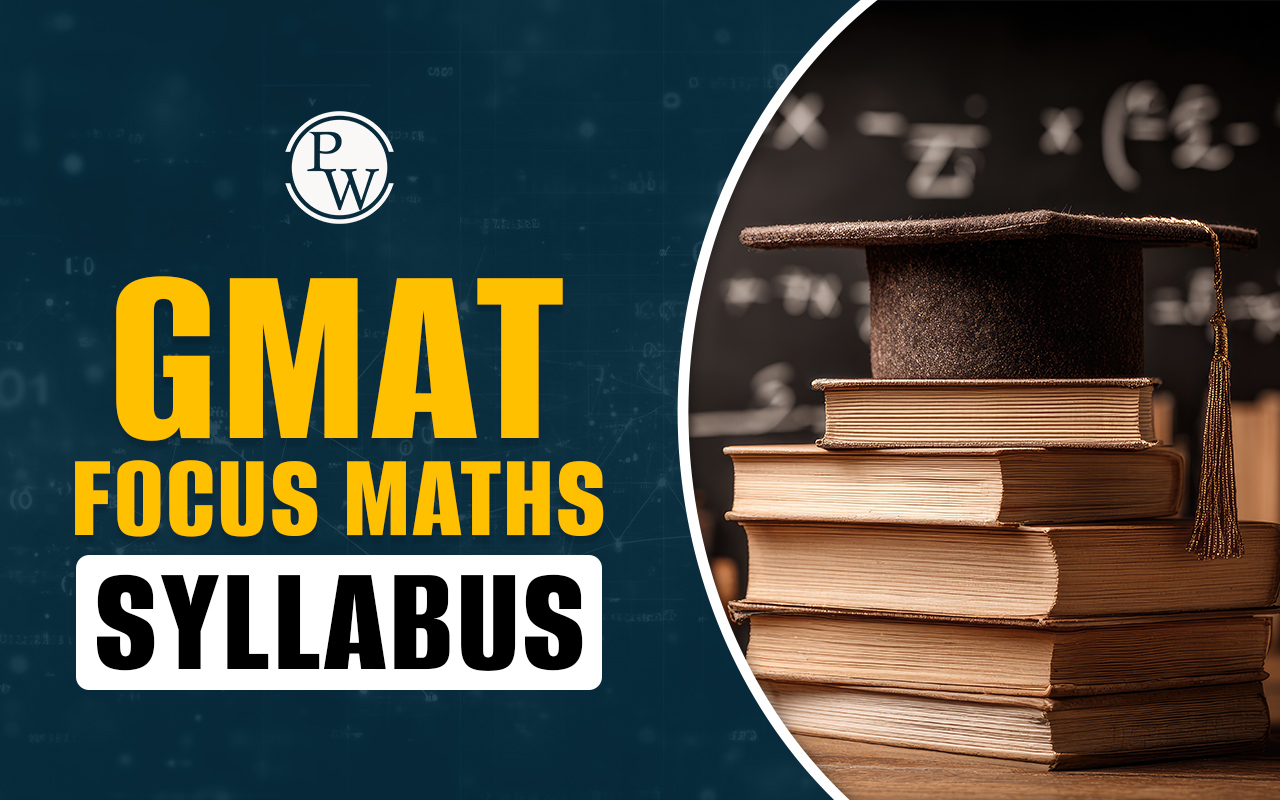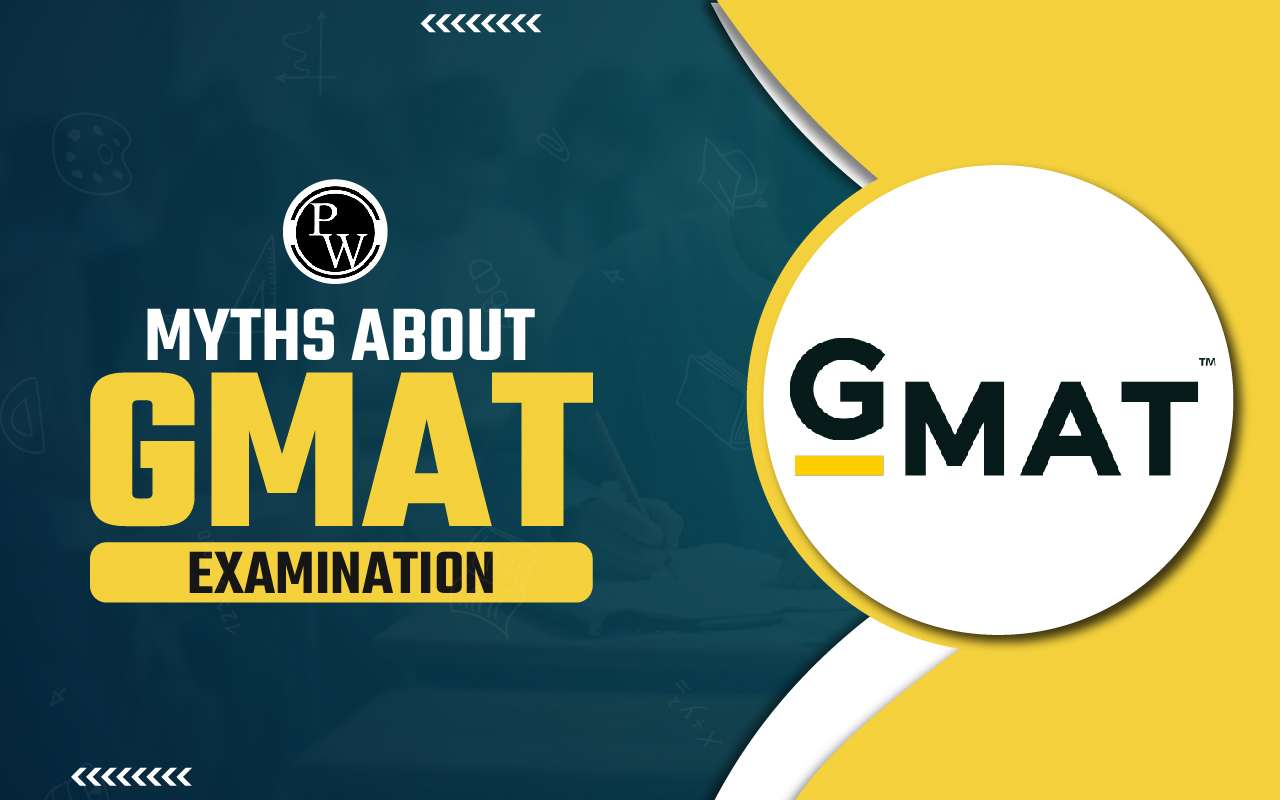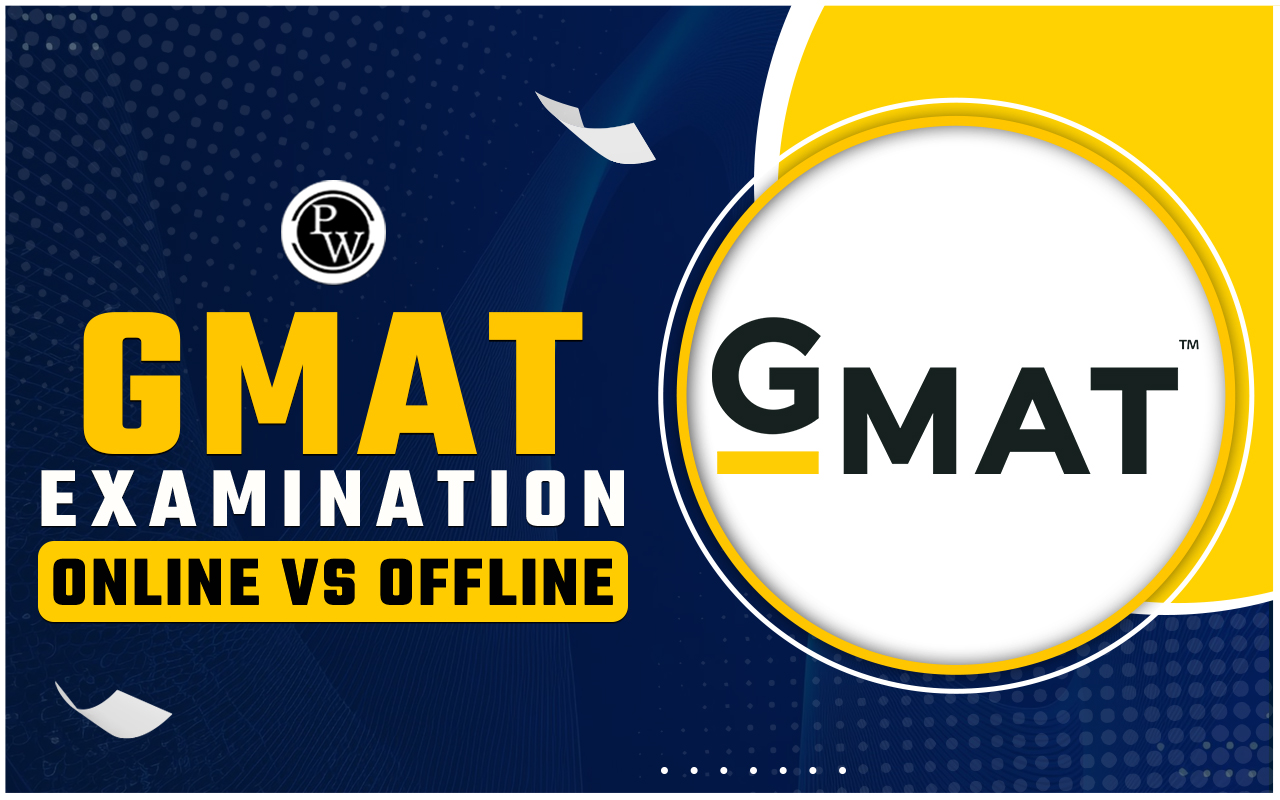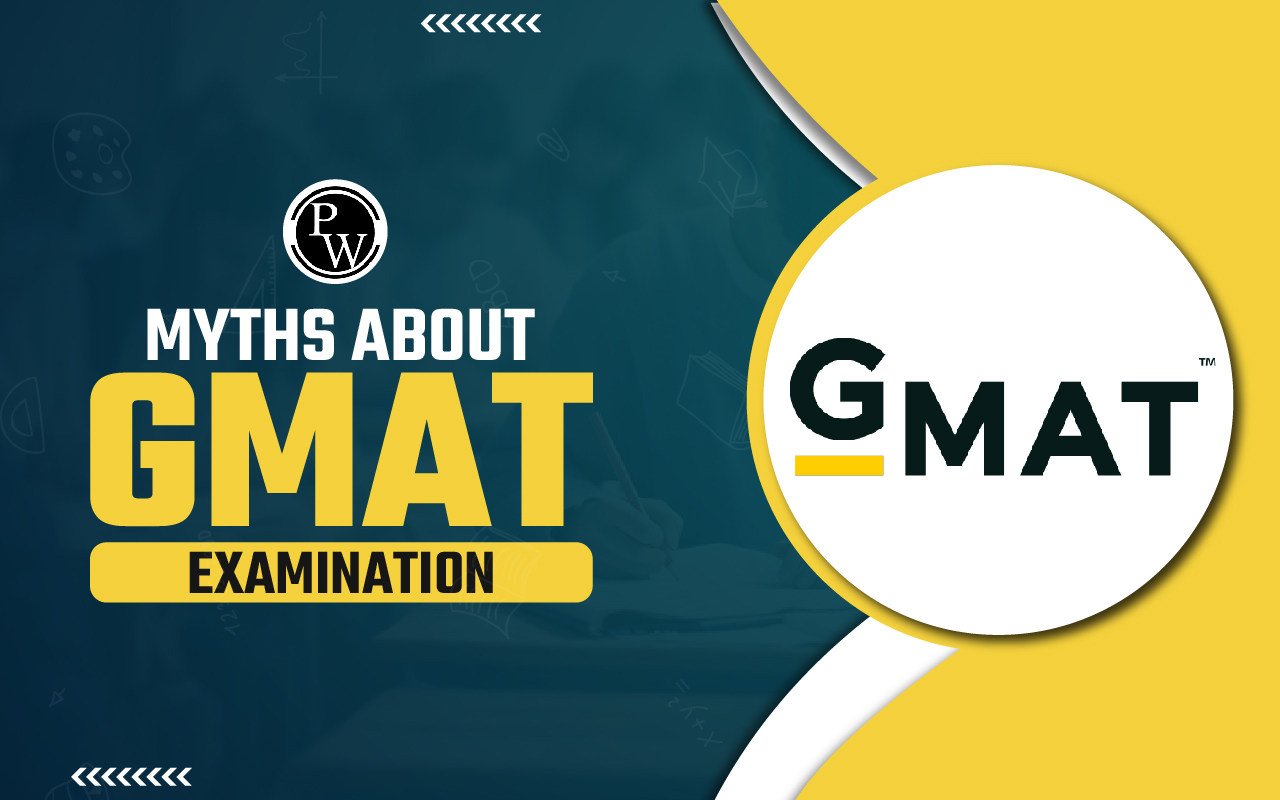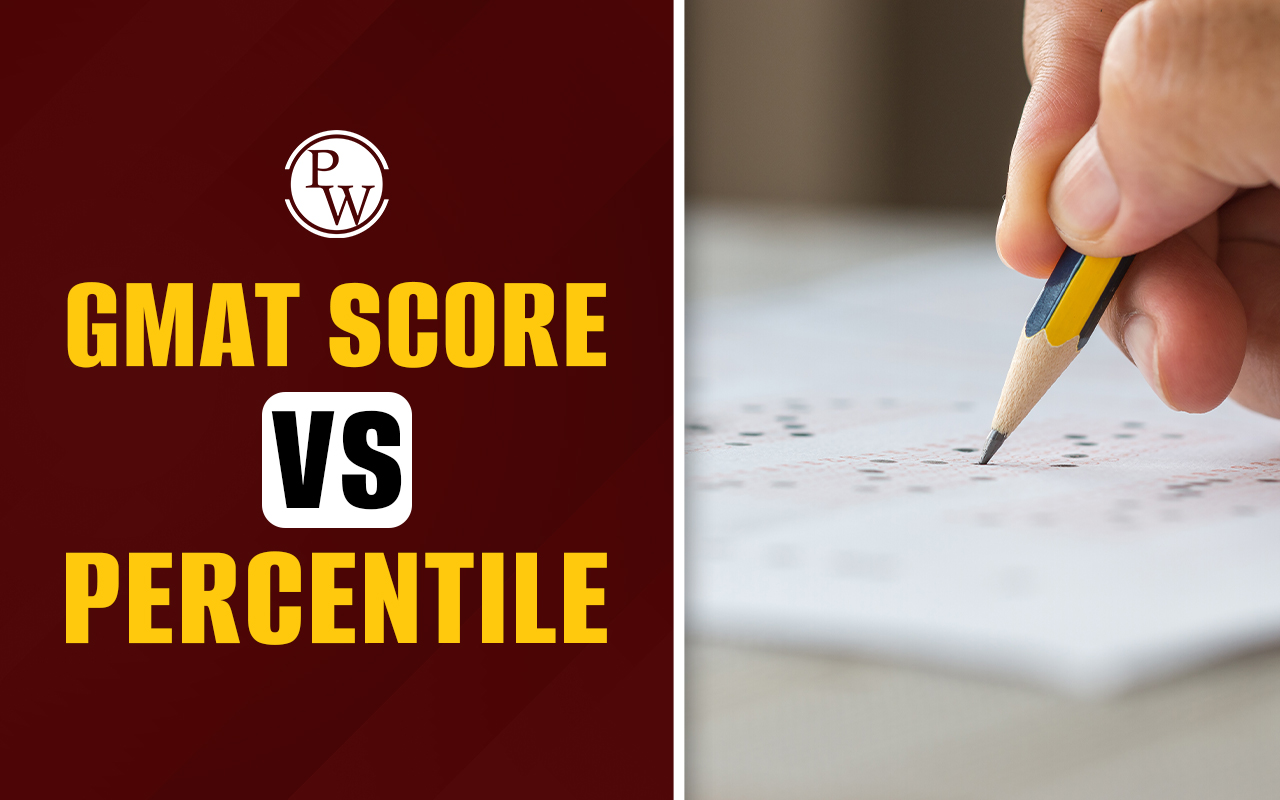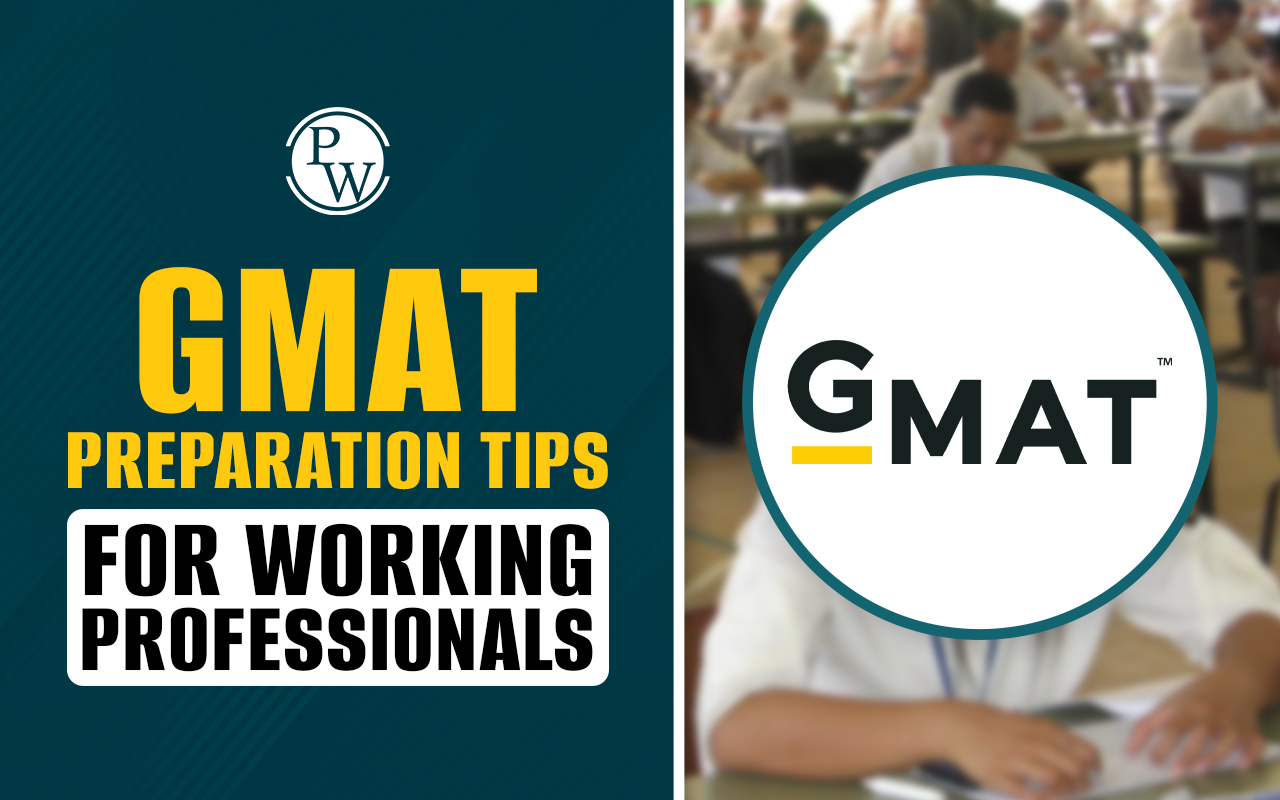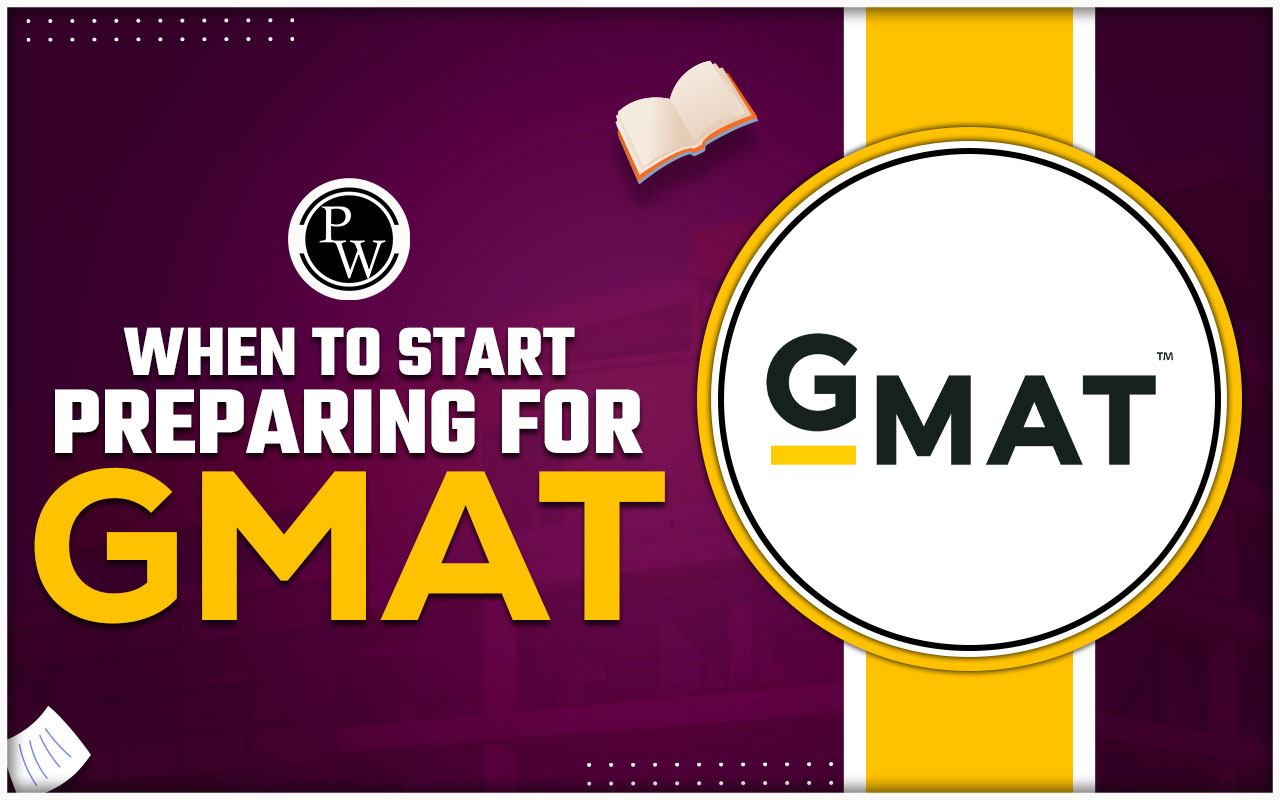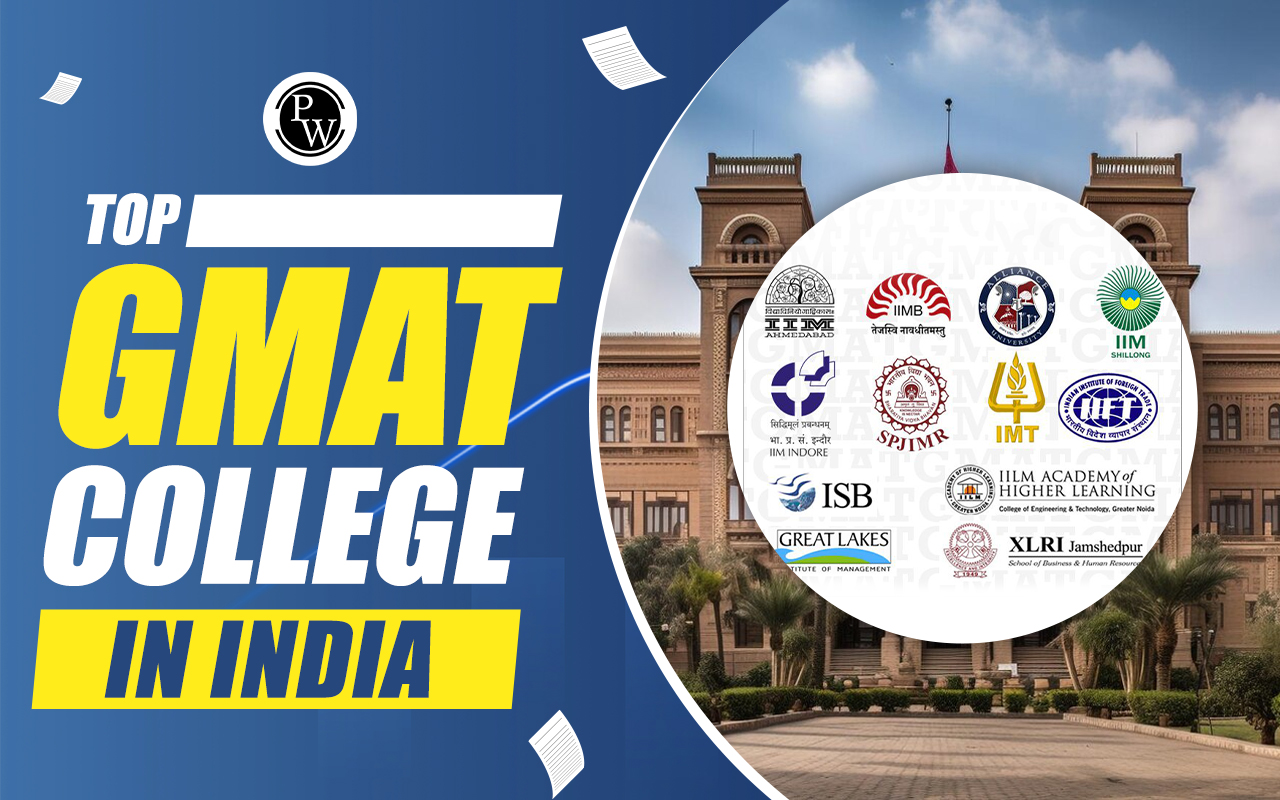
GMAT Exam Syllabus is prescribed by the Graduate Management Admission Council (GMAC). The exam pattern and syllabus of the GMAT Exam have undergone several changes. GMAT Focus Edition is the latest version of the GMAT Exam. The test is designed for candidates seeking admission to the top B-schools in India as well as outside.
The GMAT Syllabus is important for candidates to plan a strategic and focused preparation journey. The new syllabus consists of 3 sections, instead of four. Candidates can explore here for the GMAT Syllabus for MBA in detail, highlighting the section-wise important topics, weightage, and preparation tips.
GMAT Exam Syllabus Overview
The GMAT Syllabus 2025 for the GMAT Focus Edition has introduced a streamlined format while also maintaining rigorous assessment standards. It consists of the following three sections:
-
Quantitative Reasoning
-
Verbal Reasoning
-
Data Insights
Candidates can check the table below to know all the details about the GMAT Syllabus 2025.
| GMAT Exam Syllabus Overview | |||
| Section | Total Questions | Time (in mins) |
Syllabus |
| Quantitative Reasoning | 21 | 45 | AlgebraArithmetic |
| Verbal Reasoning | 23 | 45 | RC = Main idea + Supporting idea + Inference + Application + Logical structure + Style CR = Strengthen + Weaken + Flawed + Supports + Damages |
| Data Insights | 20 | 45 | Data SufficiencyMulti-source Reasoning = Examination or analysis of data from various sources (text, tables, graphics, or a combination of these) + recognition of discrepancy + inference + determination of the relevance of data Table Analysis Graphics Interpretation = Interpretation of information from graphics (scatter plot, x/y graph, bar chart, pie chart, or statistical curve distribution) + finding relationship + inferenceTwo-part Analysis = Quant, Verbal, or a combination of both + evaluating trade-offs + solving simultaneous equations + finding relationships |
Also Read: GMAT Focus Exam 2025
Important Changes in GMAT Exam Syllabus
There were certain changes made to the GMAT 2025 Syllabus for the GMAT Focus Edition. Some of the key updates include the following:
-
The Analytical Writing Assessment (AWA) and Integrated Reasoning sections have been removed and replaced with a more data-focused approach through the Data Insights section.
-
Total duration allotted for the exam is now 2 hours and 15 minutes, which is shorter in comparison to the previous editions.
-
A Question Review and Edit functionality within the section has now been introduced.
GMAT Quantitative Reasoning Syllabus
The Quantitative Reasoning section of the GMAT Focus Edition tests the ability of a candidate to analyze data and draw conclusions using reasoning skills. The section lays more focus on logical thinking, problem-solving, and the ability to work with numbers. Candidates can check the table below to know the topics under the Quantitative Reasoning Syllabus:
| GMAT Quantitative Reasoning Syllabus | |
| Artithmetic | Algebra |
| Number System | Elements of Algebra |
| Averages | Linear Equations |
| Ratio and Proportions | Quadratic Equations |
| Mixture and Alligation | Inequalities |
| Percentages | Logarithms |
| Profit, Loss, and Discount | Functions |
| Time, Speed, Distance, and Work | |
GMAT Verbal Reasoning Syllabus
The Verbal Reasoning section evaluates a candidate’s ability to comprehend written passages, evaluate arguments, and rectify the written passages as per the standard English language rules. Candidates can check below for the important topics under the GMAT Verbal Reasoning Syllabus.
| GMAT Verbal Reasoning Syllabus | |
| Sections | Topics |
| Reading Comprehension | Main Idea Identification, Inference-based Questions, Tone, Structure, and Author’s intent |
| Critical Reasoning | Arguments, Assumptions, and Conclusions |
Also Read: GMAT Score Calculator
GMAT Data Insights Syllabus
Data Insights is the new section added to the GMAT Course Syllabus, replacing the AWA and Integrated Reasoning sections. It seeks to evaluate the ability of a candidate to interpret data, analyze complex information, and apply logic to solve business scenarios.
| GMAT Data Insights Syllabus | |
| Sections | Details |
| Data Sufficiency | Assesses the ability to evaluate a quantitative problem, identify relevant data, and determine when enough information is available to solve it. |
| Multi-Source Reasoning | Involves analyzing data from various sources such as texts, tables, and graphics. It tests skills like identifying discrepancies, drawing inferences, and assessing data relevance. |
| Table Analysis | Focuses on interpreting and filtering data presented in a tabular format to make accurate decisions or conclusions. |
| Graphical Interpretation | Requires candidates to interpret data from visual formats like bar graphs, pie charts, scatter plots, line graphs, or statistical distributions and draw logical inferences or spot relationships. |
| Two-Part Analysis | Covers quantitative, verbal, or a mix of both types of problems, testing the ability to evaluate trade-offs, solve equations simultaneously, and identify relationships between elements. |
Also Read: Average GMAT Score for Top Business Schools
GMAT Syllabus Section-Wise Preparation Tips
To score good marks in the GMAT Focus Edition, candidates are required to be well-versed with the GMAT 2025 Syllabus at first and then follow a strategic, section-wise approach. Candidates can check below to get insights into the GMAT Syllabus Section-Wise Preparation Tips:
Section-Wise Preparation Tips for Verbal Reasoning Section
The Verbal Reasoning Section in the GMAT Exam tests a candidate’s skills to read and comprehend written material and to reason and evaluate arguments. Questions from Reading Comprehension and Critical Reasoning are included in this section. Get a grasp of all the topics under the Verbal Reasoning section. Develop a daily reading habit and work on vocabulary. Practice RC Mock tests and look to understand the underlying themes of each of the passages.
Section-Wise Preparation Tips for Quantitative Reasoning Section
Quantitative Reasoning in the GMAT Exam includes questions from the mathematics and mathematical aptitude sections. Candidates are required to focus more on building a strong foundation in this section by learning the concepts and then solving as many questions as possible. Attempt and analyze performance in the mock test to identify weak areas and make changes to your study plan accordingly.
Section-Wise Preparation Tips for Data Insights Section
To score good marks in the Data Insights section, candidates need to focus on developing good data analysis and interpretation skills. Make sure that you practice and familiarize yourself with a variety of question types, including data interpretation, data sufficiency, data presentations, etc. Focus should also be laid on managing your time effectively for this section, as the calculations involved to solve the questions in this section can be lengthy.
Achieve your MBA target by starting a strategic GMAT preparation under the guidance of PW GMAT Online Coaching experts. Join the PW GMAT Online Class to get regular live classes and streamline your preparation strategy to score commendable marks.
GMAT Exam Syllabus FAQs
What is the GMAT Exam Syllabus?
Which is the new section added to the GMAT Exam Syllabus?
How many questions are asked from the Quantitative Reasoning Section?
How to score good marks in the GMAT Focus Edition Exam?
How should I prepare for the GMAT Exam Syllabus?

